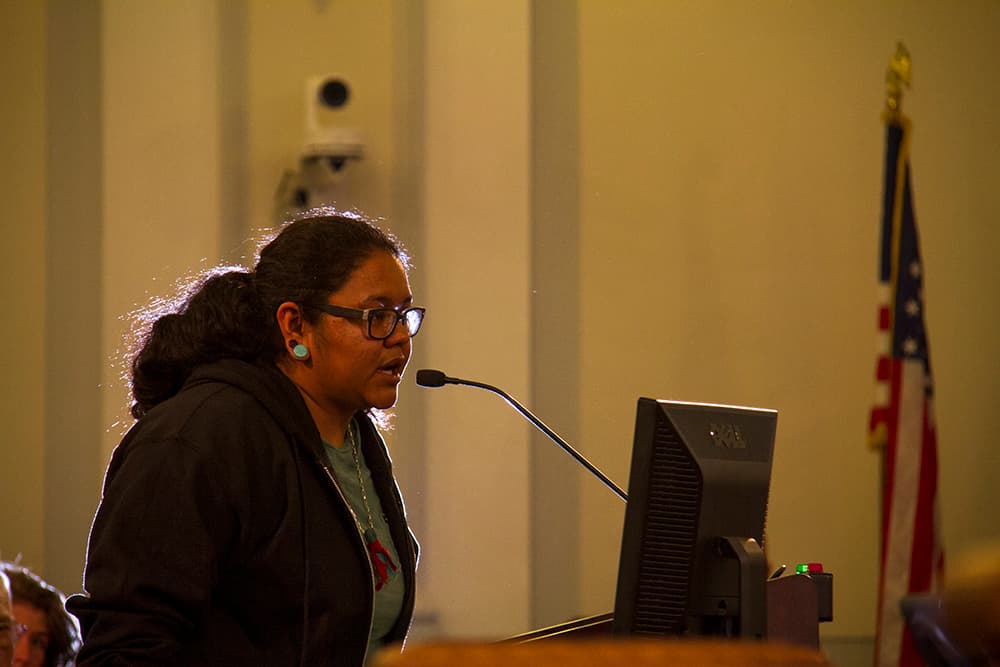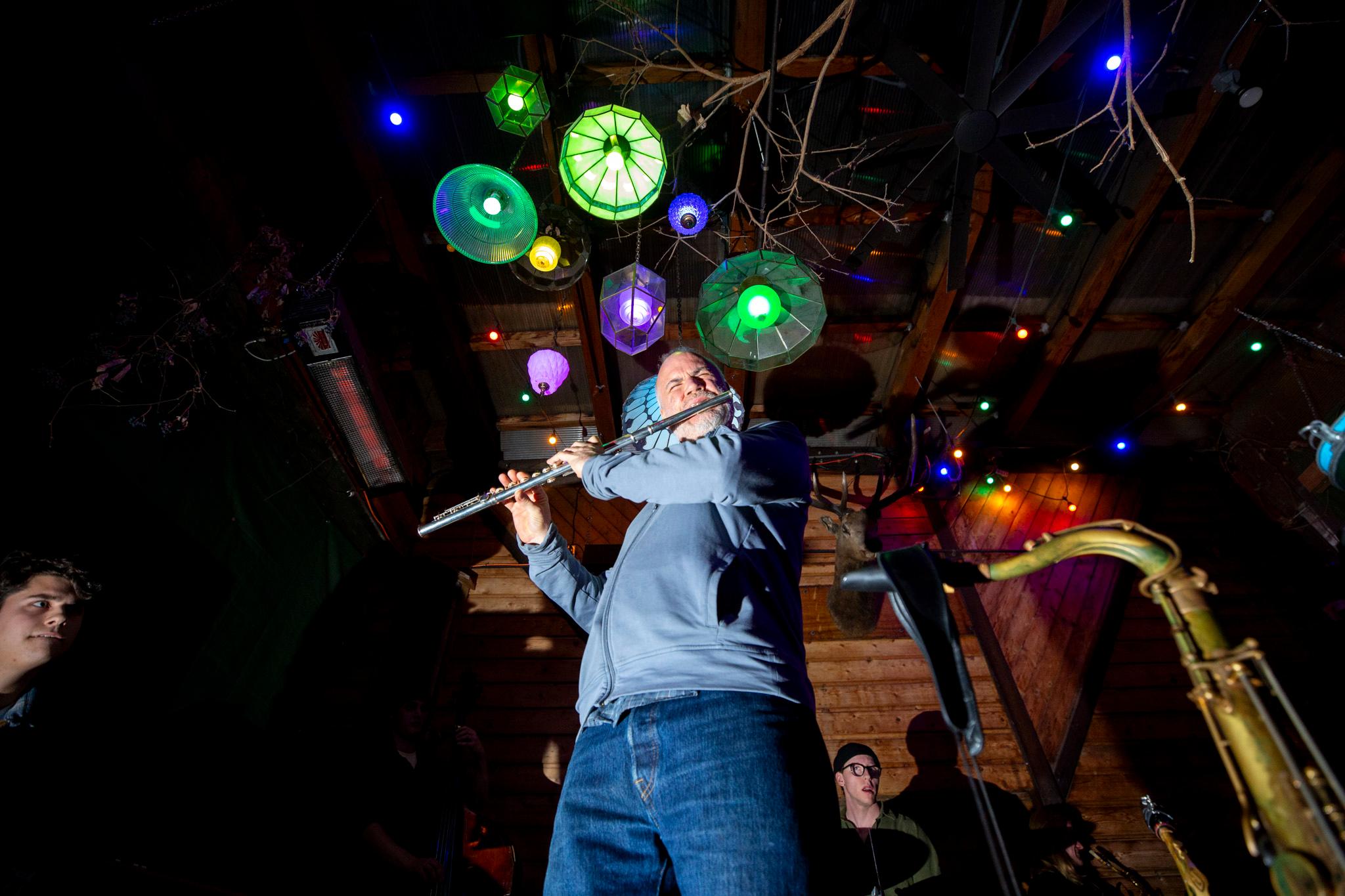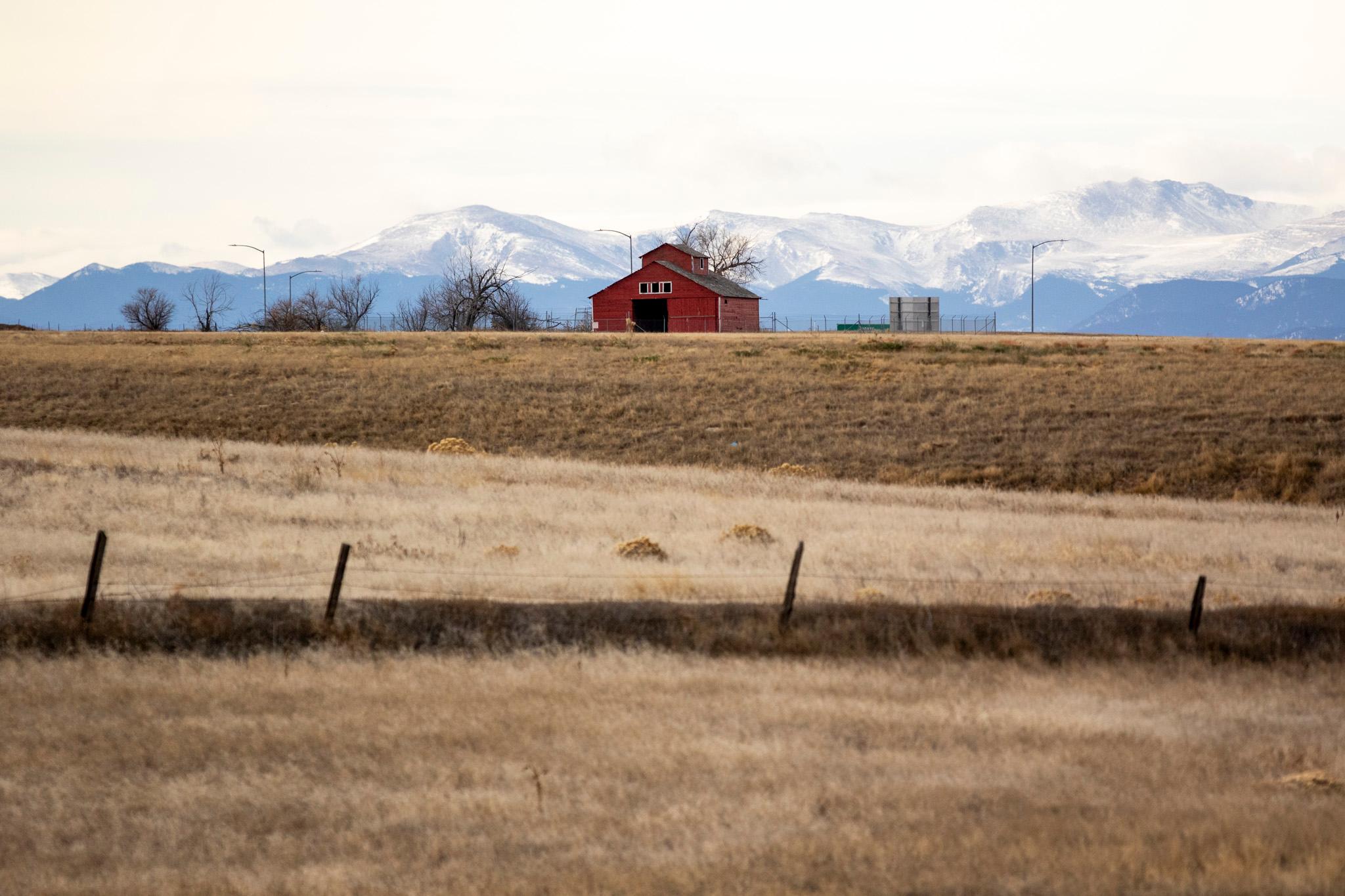If Colorado Democratic electors vote for someone other than Hillary Clinton when the electoral college meets on Monday, that can be considered a "refusal to act" and they can be replaced.
That was the finding of Denver District Court Judge Elizabeth Starrs on Tuesday, and that ruling stands now that the Colorado Supreme Court has declined to hear an appeal in the case.
Still up in the air is whether the 10th Circuit Court of Appeals will intervene in the case.
In a separate federal case, the electors want an injunction against the state of Colorado and Secretary of State Wayne Williams to prevent the enforcement of a state law that requires them to vote for the person who got the most votes in Colorado. U.S. District Court Judge Wiley Daniel denied a request for an injunction against the state, but the electors have appealed.
Attorney Jesse Witt said his clients will be waiting to see what the Court of Appeals does, but this is a setback. (Update: The 10th Circuit Court of Appeals turned down a request for an injunction, but left open a path for future constitutional challenges to the law.)
"Barring action by the federal courts, this is the end of the line for this election," he said.
Deputy Secretary of State Suzanne Staiert said her office was pleased with the decision.
"We're pleased with the decision because it continues to add certainty to how the procedure will occur on Monday and will allow the voice of the people of Colorado to be heard in this election," she said.
This move to vote for someone other than Clinton is all part of a long-shot plan by some Democratic electors to encourage Republican electors to not vote for Donald Trump. If 37 Republican electors defect, Trump won't have 270 electoral votes, and the election would go to the U.S. House of Representatives.
Witt said he doesn't know yet whether the electors in question -- former state senator Polly Baca and math teacher Robert Nemanich -- will still try to vote for someone other than Clinton. The effect of leaving the district court ruling in place is that their votes won't be recorded if they do -- because they'll be removed and replaced with new electors.
"This is part of a national effort to gather support around a compromise candidate," Witt said. "The electors of Colorado, it appears, will not be able to participate in that effort."
"We probably still need to wait for what will happen on Monday."
Secretary of State Wayne Williams has said he may refer electors who don't vote for Clinton to prosecutors for criminal charges. The oath of office -- recently revised just for this situation -- includes a promise to vote for the person who got the most votes in Colorado, and swearing an oath you intend to break could be considered perjury.
Whatever happens on Monday, Staiert said the Secretary of State's Office no longer considers what's coming "a showdown." The Secretary of State's Office won't be faced with the question of how to handle a result that violates state law.
(Just to be clear, the electors and their attorneys believe that law is unconstitutional, and that question could still be tested in federal court -- just not in time for this election.)
So, if the electors cast non-conforming votes anyway, they can be removed and their votes set aside. The Democratic Party will nominate new electors, they'll be sworn in and they'll vote for Clinton.
"Eventually we will get to a place where there are nine votes for Hillary Clinton," Staiert said.












